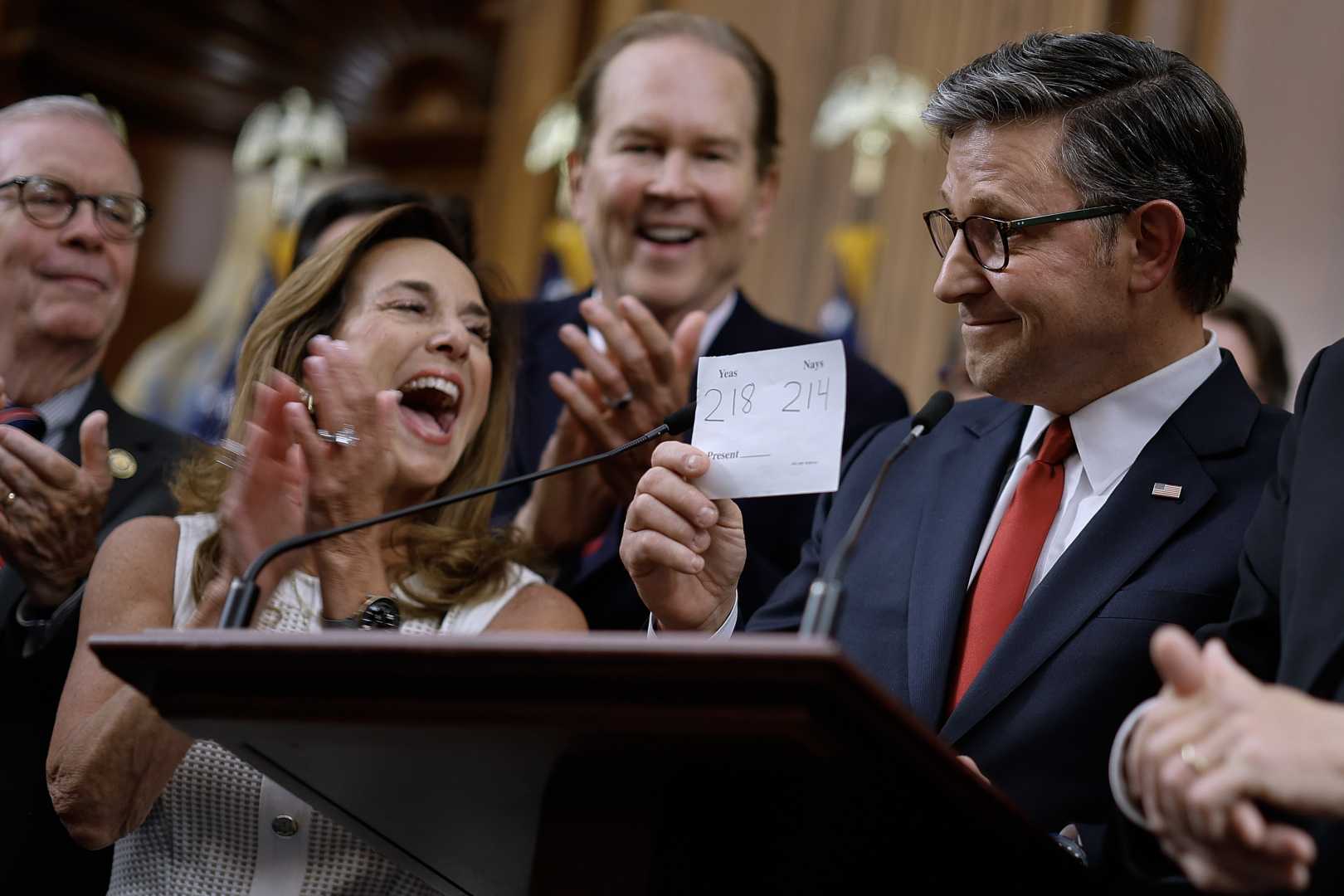Politics
House Passes Controversial Bill, Sending It to Trump for Signature

WASHINGTON, D.C. — The U.S. House of Representatives narrowly passed a significant budget bill on June 3, which includes President Donald Trump’s domestic policy agenda. The bill, weighing in at 940 pages, followed a Senate approval two days earlier and was cleared by a vote of 218-214 in the House, edging past the finishing line by just four votes.
This legislation promises to deliver trillions in tax cuts, favoring the fossil fuel industry while also curtailing incentives for renewable energy initiatives. Advocates have criticized the bill for its environmental implications and perceived inequities. “Congress has betrayed the working people of this country. This budget bill is the largest-ever transfer of wealth from working families to the ultra-rich,” said Collin Rees, U.S. campaigns manager at Oil Change International.
Despite concerns, several provisions aimed at renewable energy were excluded from the final bill. Among those removed were plans for a tax on future wind and solar projects, mandates for public land sales, and certain tax credits for companies focused on nuclear, geothermal, and hydroelectric energy generation.
Doug Burgum, Secretary of the U.S. Department of the Interior, described the bill positively, stating, “America, get ready for a safer, stronger, more affordable, and Energy Dominant future.” However, according to a report from the Clean Energy Buyers Association, repealing clean energy tax credits could lead to a 7% rise in electricity prices for U.S. residents by 2026.
According to the Congressional Budget Office (CBO), the bill would add approximately $3.3 trillion to the federal deficit, primarily due to permanent tax cuts for high earners. The CBO predicts that the legislation will increase household resources for the wealthiest Americans by $12,000 annually while reducing resources for the poorest households by an average of $1,600.
Moreover, the bill proposes cuts of $186 billion in SNAP benefits over the next decade, potentially impacting 5 million households and eliminating benefits for about 2 million individuals. SNAP fed over 41 million people, or 12% of the U.S. population, in 2024, with many recipients being households with children.
In addition, the bill threatens cuts of around $1 trillion to Medicaid and the Children’s Health Insurance Program (CHIP), which could strip coverage from more than 10 million individuals by 2034. It also rolls back existing incentives for the transition to a cleaner energy economy.
As the bill moves towards President Trump’s desk for signing, advocates fear its implementation will significantly reshape the landscape for American renewable energy projects and affect millions of Americans relying on SNAP and Medicaid services.












